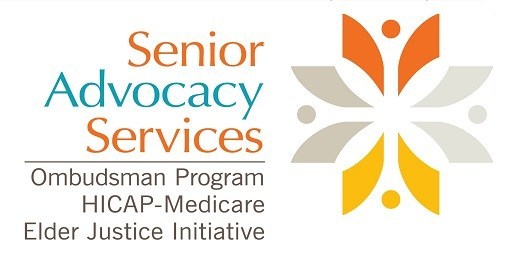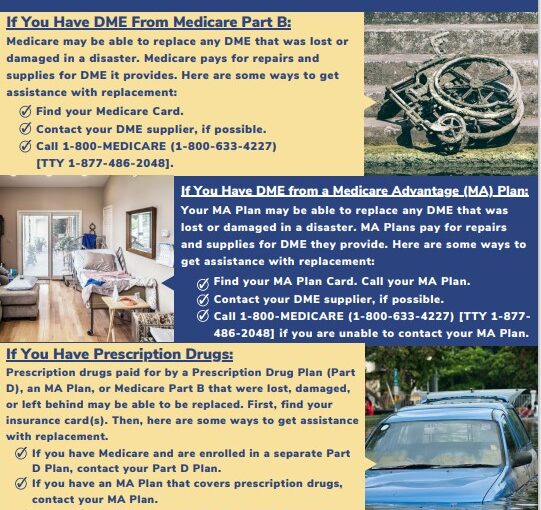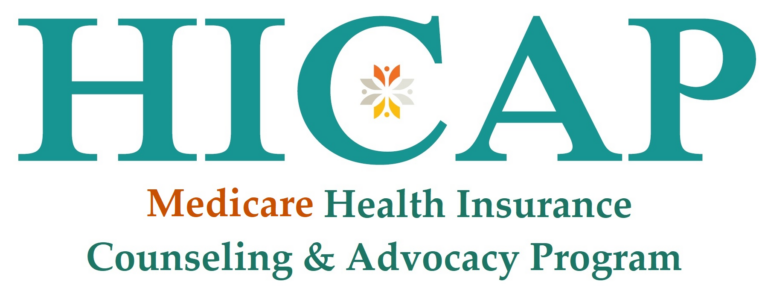
The Medicare Health Insurance Counseling and Advocacy Program (HICAP) through the California Department of Aging, provides local individual one-on-one counseling by appointment and educational seminars as the primary source for free and unbiased, accurate and objective Medicare information, advocacy and technical assistance to beneficiaries.
Our North Bay region serves the six counties of Marin, Sonoma, Mendocino, Lake, Napa and Solano.

California HICAP is part of a national network of State Health Insurance and Assistance Programs (SHIP). SHIP is a Federal grant program that helps States enhance and support a network of local programs, staff, and volunteers. Local programs are charged with directly helping beneficiaries to understand the complexities of their Medicare benefits including Prescription Drug Plan coverage, Medicare Advantage plan choices, Medicare supplemental policies, Medicare Savings Programs, and long term care insurance. The Administration for Community Living administers the SHIP grant programs nationally. Read More…

What’s New for Medicare in 2025?
What’s New for Medicare in 2025? Your Medicare coverage and costs can change each year, so it’s important to understand and review your benefits. Here’s
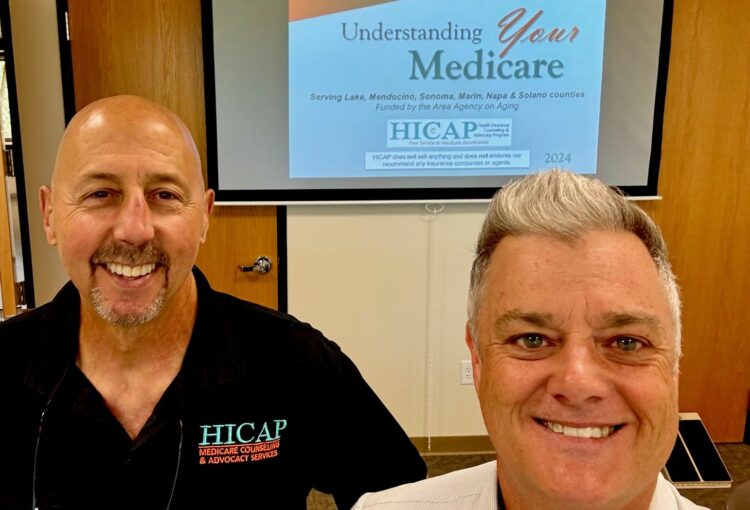
August Marks the Official start of HICAP’s Public Educational Workshop “Understanding Your Medicare”
New to Medicare? Have questions about how your existing Medicare plan works? What’s the difference between an Advantage Plan and Original Medicare? With Medicare’s Annual


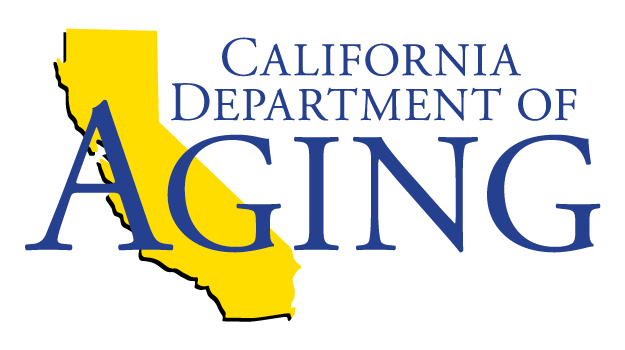

For additional information contact our administrative office at 800-434-0222.
This project was supported, in part, by grant number CFDA 93.324 from the U.S. Administration for Community Living, Department of Health and Human Services, Washington D.C. 20201. Grantees undertaking projects under government sponsorship are encouraged to express freely their findings and conclusions. Points of view or opinions do not, therefore, necessarily represent official Administration for Community Living policy.
